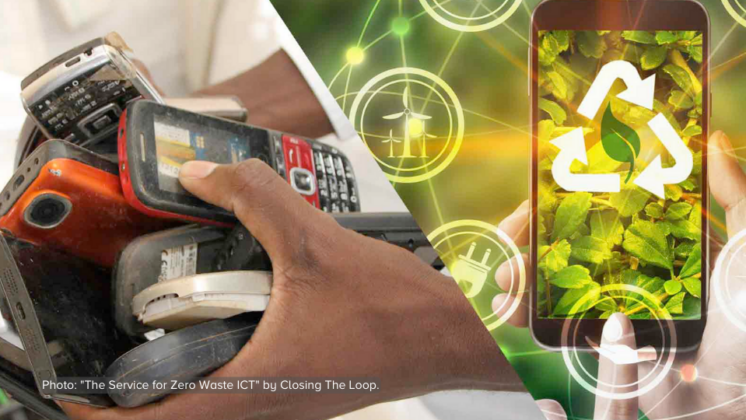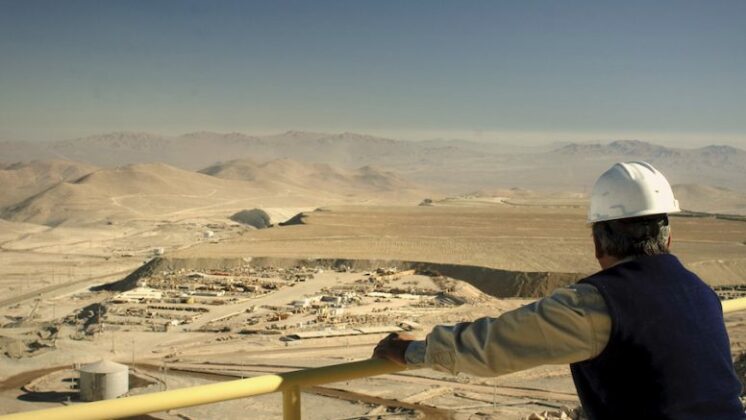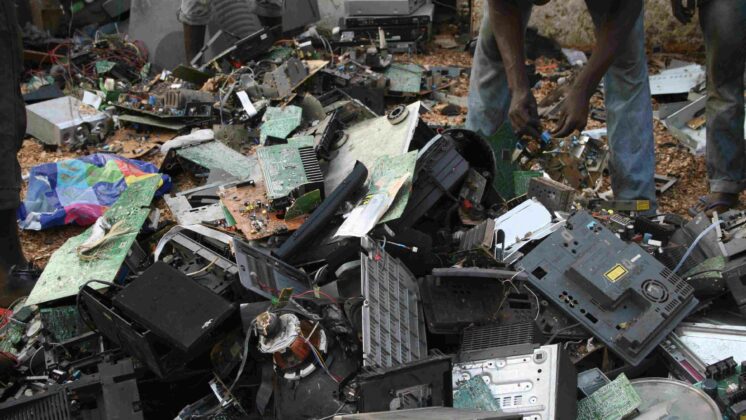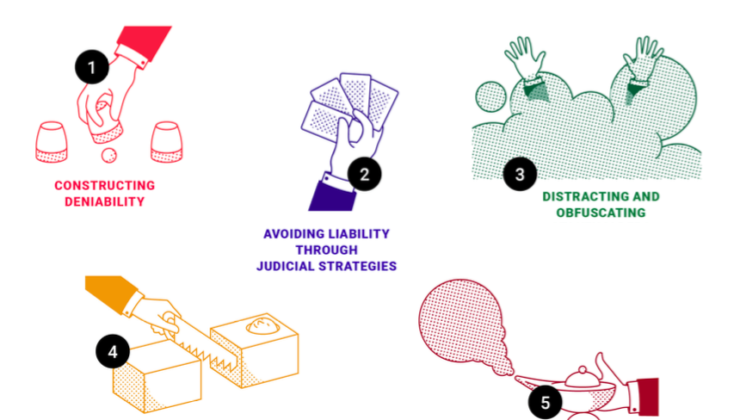Research report on the impacts of electronics production and WEEE-recycling on workers, neighboring communities and Chinese society.
Both, electronics production and WEEE-recycling have major social impacts on workers, neighbouring communities and the Chinese society: While electronics production is a major driver for the country’s economic development and makes up almost two thirds of the country’s export surplus, the economic output of the WEEE-recycling industry is of lesser national importance. Nevertheless WEEE-recycling spurred significant economic developments within the industry’s major clusters. In addition, WEEE-recycling is a source of raw materials and has therefore positive economic impacts on other sectors that have not been quantified so far.
In terms of taxes paid, both sectors are clearly below average in relative terms: While many businesses in WEEE-recycling are largely unaffected by tax regulations due to its informal status, the electronics production industry is highly subsidised and many facilities enjoy some form of preferential tax treatment.
In a global context, both industries do to some extent influence the future development of conflict risks: While the tight interrelations between the electronics industries in the Republic of China (Taiwan) and in the People’s Republic of China are decreasing the risk of conflict escalation, the heightened demand for resources caused by skyrocketing production volumes is likely to give rise to international tension on mining concessions. In this situation WEEE-recycling is an important alternative source of raw materials, which still holds significant potentials for optimisation.
Currently there are between 2.27 and 6.3 million employees in the Chinese electronics production industry – with numbers rising. Nevertheless the ongoing trends to product miniaturisation and process mechanisation do in some fields challenge employment creation in the long run, bearing the risk of job losses once the industry’s upward trend is slowing down. The WEEE-recycling industry currently employs around 700,000 people in China. Since the industry significantly gains importance due to rising WEEE-volumes and heightened demand for raw materials, major job losses seem unlikely in the near future. Nevertheless, the planned reorganisation of the sector creates some major uncertainties in this regard.
Both industries pose significant risks in terms of occupational health and safety and environmental pollution: While WEEE-recycling is widely perceived as a dangerous and polluting industry, electronics production still has a much cleaner and safer public image.
Nevertheless a review of related literature yields that both sectors feature some serious risk processes, while other processes are relatively safe for both, humans and the environment. For the future development of the two sectors in China it is vital to take the environmental and health and safety risks into account and work out ways to enable sound protection of people’s health and the environment.
In terms of employment quality, workers in both sectors are to a significant portion subject to low wages, partly excessive overtime and the absence of functioning social security systems. While in the WEEE-recycling industry this situation is mainly caused by the sector’s informal character, the electronics production industry is facing severe international competition leading to low profit margins and high pressure to reduce costs in any part of the supply chain. In order to improve the social impacts on workers, it is vital to insure their possibility to actively involve in business decisions that are directly affecting their working conditions.
read more less








